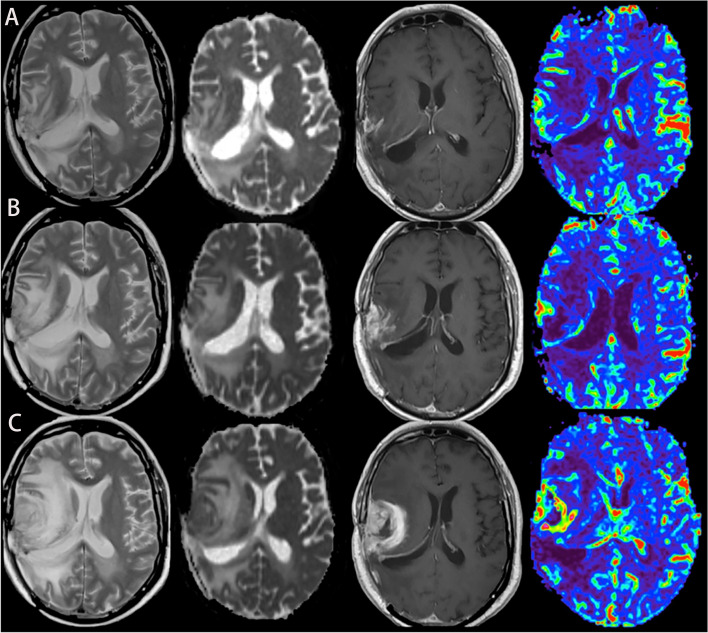Drugs/Therapy
How to Recognize Addiction in Your Loved Ones

Close up of addict with money buying dose, drug trafficking, crime, addiction and sale concep | (Photo : Bigstock)
In order to recognize the signs that someone you love needs help for addiction, it's essential to view his or her behavior as a disease that will have ongoing effects on his or her life. When you have more facts about addiction in your mind, then you'll be able to offer more understanding and support. The person whom you believe suffers from addiction will need tons of help, but he or she must also want to change this pattern of behavior in order to find long-term success. If he or she has a disease, there will be a lifelong struggle to master. It's a great sign that you're reading this piece because you care so much about your loved one's health and well-being, which will be important in his or her recovery. He or she will need your support during any recovery program.
Addiction is a Disease
Think about it. An addict has a compulsive need for something, which could be alcohol, drugs, tobacco, sex, food, or something else. However, this desire for the addictive substance forms a strong habit and begins to take control of the person's life. Some addicts can never seem to get enough of what they crave, and that's what destroys their bodies over time.
Addiction is a Serious Disorder
When a loved one suffers from addiction, he or she has a serious problem. It is hard to understand what your loved one has to fight every day in his or her mind and body. It's kind of like a person living with anxiety who feels paralyzed by real or perceived fears. There is no relief from the symptoms of addiction. It's an endless cycle of addiction, and your loved one may feel like the chance for success is poor because those cravings are always there. Being an addict is overwhelming. Addicts must learn to adjust their mindsets to feel good about themselves and deal with their condition. If you're willing to accept the disease model, especially that addiction to drugs and/or alcohol is a real disease, which is one of different ways to view this issue, then you can also accept that the brain structure is different in an addict. His or her abnormal brain makes it hard to function like someone who is not an addict. You should be more understanding if you aren't in his or her shoes.
What Are the Signs of Addiction?
There are many signs of addiction which can show up at different times during your interactions with your loved one.
● Changes in mood
● Varying levels of energy and sleep
● Dishonesty
● Secretiveness, avoiding loved ones
● Often missing work or appointments/obligations
● Sudden changes in appearance or personality
● Missing valuables in the home
● Sudden changes in friends/stops talking to close friends or relatives
● Sudden weight loss or gain
When you recognize evidence such as excessive alcohol containers or drug paraphernalia around the home, it feels like the signs of substance abuse are occurring right under everyone's nose. Keep in mind that an addict may reach the point when he or she doesn't care who finds these signs because the condition has gotten way out of control. At some point, your loved one may feel that there is nothing to lose. He or she might actually want you to find these signs, so that you can help, and you must be prepared for how to respond.
How to Help a Loved One Suffering From Addiction
1. Suggest that your loved one access community resources regarding addiction. This could start very simply by going to a local clinic or support group and getting free brochures. It may include listening to the stories of others at AA meetings. It does not have to include convincing a loved one to start with an evaluation by a licensed mental health professional or physician, which could seem more intimidating, of course.
2. Find time to talk with your loved one about his or her struggles with this problem. This could be scheduled to coincide with something fun like playing basketball or riding bikes.
3. Give your loved one a chance to explain why he or she cannot stop with this compulsive behavior. If you talk first, then you are negating whatever he or she feels is most important about this problem. For example, following a traumatic event such as a divorce or a death in the family, someone could suddenly engage in this kind of behavior, when normally he or she does not.
* This is a contributed article and this content does not necessarily represent the views of counselheal.com









Join the Conversation